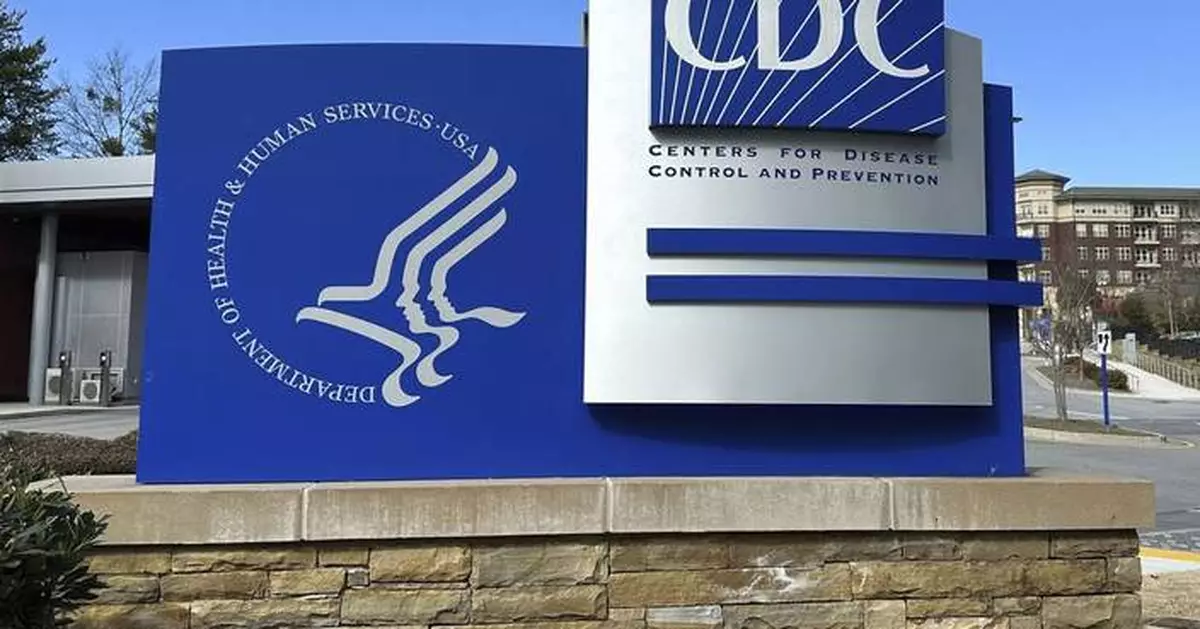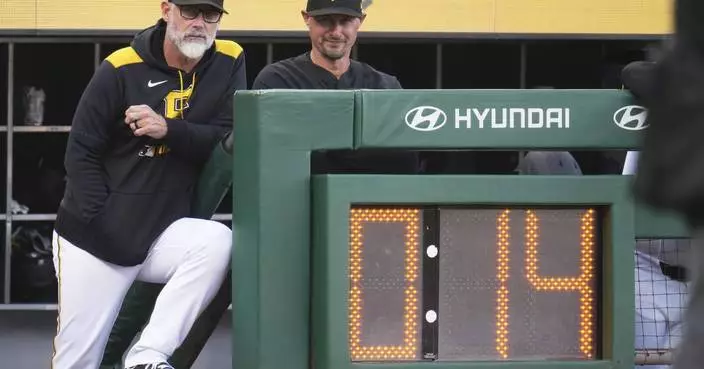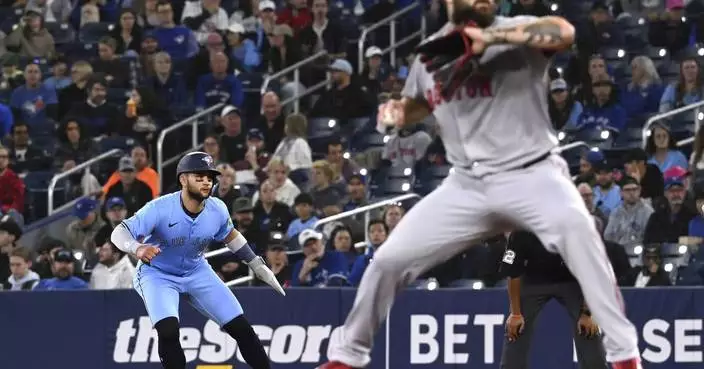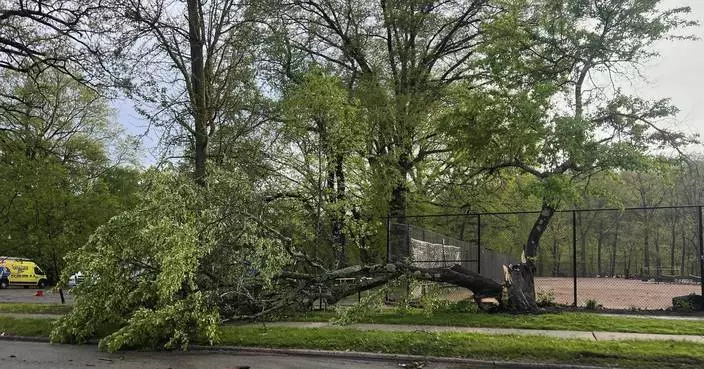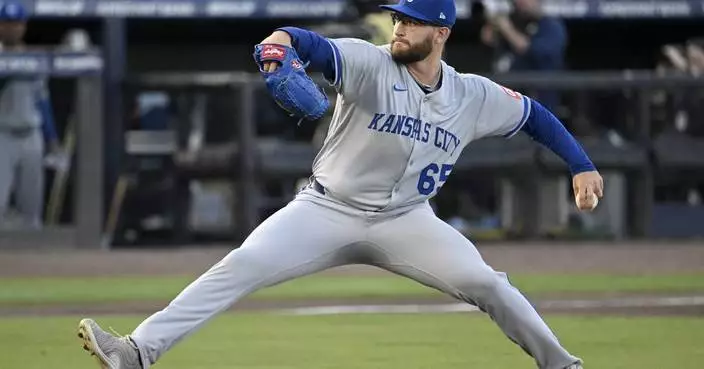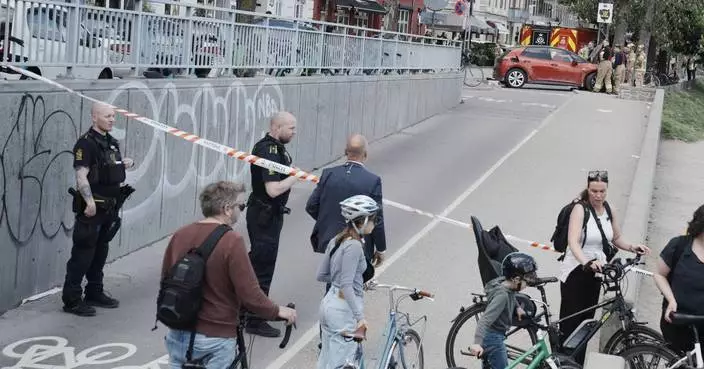ATLANTA (AP) — An estimated 1 in 31 U.S. children have autism, the U.S. Centers for Disease Control and Prevention reported Tuesday, marking another jump in a long string of increases.
The CDC's data was from 14 states and Puerto Rico in 2022. The previous estimate — from 2020 — was 1 in 36.
Boys continue to be diagnosed more than girls, and the highest rates are among children who are Asian/Pacific Islander, American Indian/Alaska Native and Black.
To estimate how common autism is, the CDC checked health and school records for 8-year-olds, because most cases are diagnosed by that age. Other researchers have their own estimates, but experts say the CDC’s estimate is the most rigorous and the gold standard.
Here's what you need to know about the new numbers, as well as Health Secretary Robert F. Kennedy Jr.'s plan to do a “massive testing and research effort” around autism.
Autism is a developmental disability caused by differences in the brain. There are many possible symptoms, many of which overlap with other diagnoses. They can include delays in language and learning, social and emotional withdrawal and an unusual need for routine.
For decades, the diagnosis was rare, given only to kids with severe problems communicating or socializing and those with unusual, repetitive behaviors.
As late as the early 1990s, only 1 in 10,000 children were diagnosed with autism. Around that time, the term became a shorthand for a group of milder, related conditions known as ″autism spectrum disorders,” and the number of kids labeled as having some form of autism began to balloon.
In the first decade of this century, the estimate rose to 1 in 150. In 2018, it was 1 in 44. In 2020, it was up to 1 in 36.
Health officials largely attribute growing autism numbers to better recognition of cases through wide screening and better diagnosis.
There are no blood or biologic tests for autism. It’s diagnosed by making judgments about a child’s behavior, and there’s been an explosion in autism-related treatment and services for children.
Roughly two decades ago, studies by the CDC and others ruled out childhood vaccines as a cause of autism. Since then, a lot of research has looked at variety of other possible explanations, including genetics, the age of the father, the weight of the mother and whether she had diabetes and exposure to certain chemicals.
Some researchers have theorized it may be a series of things — perhaps a biological predisposition set off by some sort of toxic exposure.
Kennedy and anti-vaccine advocates have remained fixated on childhood vaccines, pointing at a preservative called thimerosal that is no longer in most childhood vaccines or theorizing that autism may be the cumulative effect of multiple vaccinations. A number of studies, including some with CDC authors, have not found such links.
Last week, Kennedy said HHS was launching “a massive testing and research effort that’s going to involve hundreds of scientists from around the world” and identify what causes autism in less than six months. He also promised “we’ll be able to eliminate those exposures.”
Kennedy and President Donald Trump both referred to the 1-in-31 estimate that CDC released Tuesday during last week's White House meeting, and Kennedy also repeated the statistic at a meeting with FDA officials on Friday,
Kennedy's statement followed reports that he had hired David Geier, a man who has repeatedly claimed a link between vaccines and autism, to lead the autism research effort. The hiring of Geier, whom Maryland found was practicing medicine on a child without a doctor’s license, was first reported by The Washington Post.
The Associated Press Health and Science Department receives support from the Howard Hughes Medical Institute’s Science and Educational Media Group and the Robert Wood Johnson Foundation. The AP is solely responsible for all content.
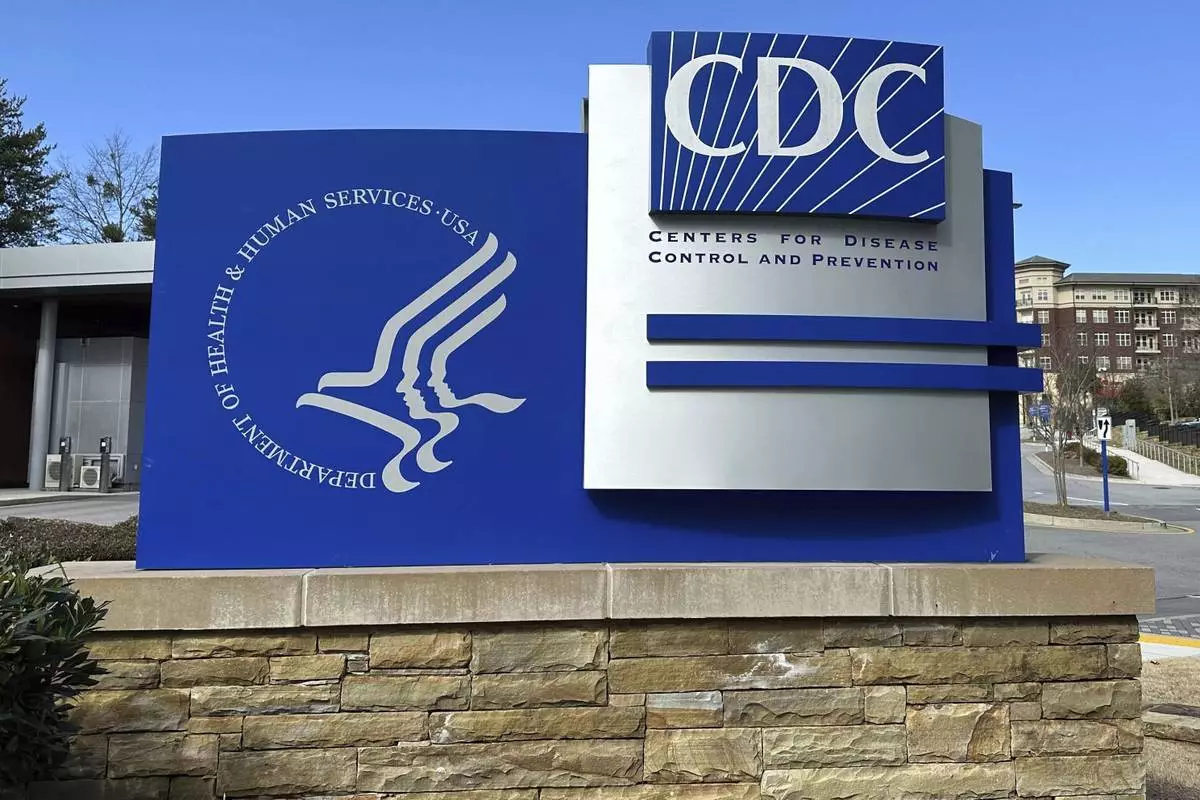
FILE - A sign stands at an entrance to the main campus of the Center for Disease Control and Prevention (CDC) in Atlanta, Georgia, Friday, Feb. 14, 2025. (AP Photo/Jeff Amy, File)
SAN FRANCISCO (AP) — Former Vice President Kamala Harris used a high-profile speech Wednesday to sharply criticize President Donald Trump amid speculation about whether she will mount another presidential campaign or opt to run for California governor.
Harris addressed the 20th anniversary gala for Emerge America, an organization that recruits and trains Democratic women to run for office that grew in part from Harris’ run for San Francisco district attorney in the early 2000s.
Her speech came the day after Trump reached 100 days in office. It is expected to be her most extensive public remarks since leaving office in January following her defeat to Trump, with planned critiques of the Republican president's handling of the economy, U.S. institutions and foreign policy.
“Instead of an administration working to advance America's highest ideals, we are witnessing the wholesale abandonment of those ideals,” Harris said.
Before Wednesday, Harris had barely mentioned Trump by name since she conceded defeat to him in November, but she recently addressed the anxiety and confusion that have gripped many of her supporters since Trump took office.
“Fear has a way of being contagious, and we are witnessing that, no doubt,” she said at the Leading Women Defined Summit in early April, a forum for Black women leaders.
“But courage is also contagious,” she added, urging her audience to speak out against Trump. The current moment highlights “the power of kindness, the power of sisterhood, the power of self care.”
The speech was delivered below luminous chandeliers in a gold-trimmed ballroom in the landmark Palace Hotel in downtown.
Trump went after Harris in a campaign-style rally Tuesday marking his 100th day in office. He sarcastically called her a “great border czar" and a “great candidate," and repeated some of the applause lines he routinely delivered during the campaign.
Until Harris replaced Joe Biden atop the Democratic ticket last summer, Trump said, “I knew nothing about her."
Harris is ramping up her public presence as Democrats nationally search for a path forward after November's election, in which Republicans also won control of Congress. While a slate of high-profile Democrats — from governors to businessmen — seek leadership roles within the party, the former vice president retains unique influence and would reshape any future race she chooses to enter.
Harris, a former state attorney general and U.S. senator from California, has not discouraged speculation that she might enter the race to replace term-limited Gov. Gavin Newsom, himself a potential contender for president. And she has not ruled out another run for the White House.
She continues to fundraise, using a joint committee that includes Harris for President, the Democratic National Committee and state Democratic parties. The committee, the Harris Victory Fund, reported having about $4.5 million on hand at the end of March, according to federal records.
In recent fundraising emails, Harris has been blunt about the need for Democrats to unify ahead of the 2026 midterm elections.
Democrats need to “organize and stop Trump’s agenda while electing Democrats everywhere,” she wrote in recent emails. “There has never been a more important time for a strong Democratic Party — one that is willing to stand up to Donald Trump, Elon Musk and what they are doing to this country.”
The event marks a homecoming of sorts. Harris lives in Los Angeles but she is from the San Francisco Bay Area, where her political career is rooted. For her first major speech since the election, she chose familiar terrain and a friendly, in some ways familial, crowd.
Lisa Gotbhi, a health care executive in San Francisco, said Harris' loss last year was a “shock," but “she’s a voice we need and a leader we need. Let’s get back in the fight.”
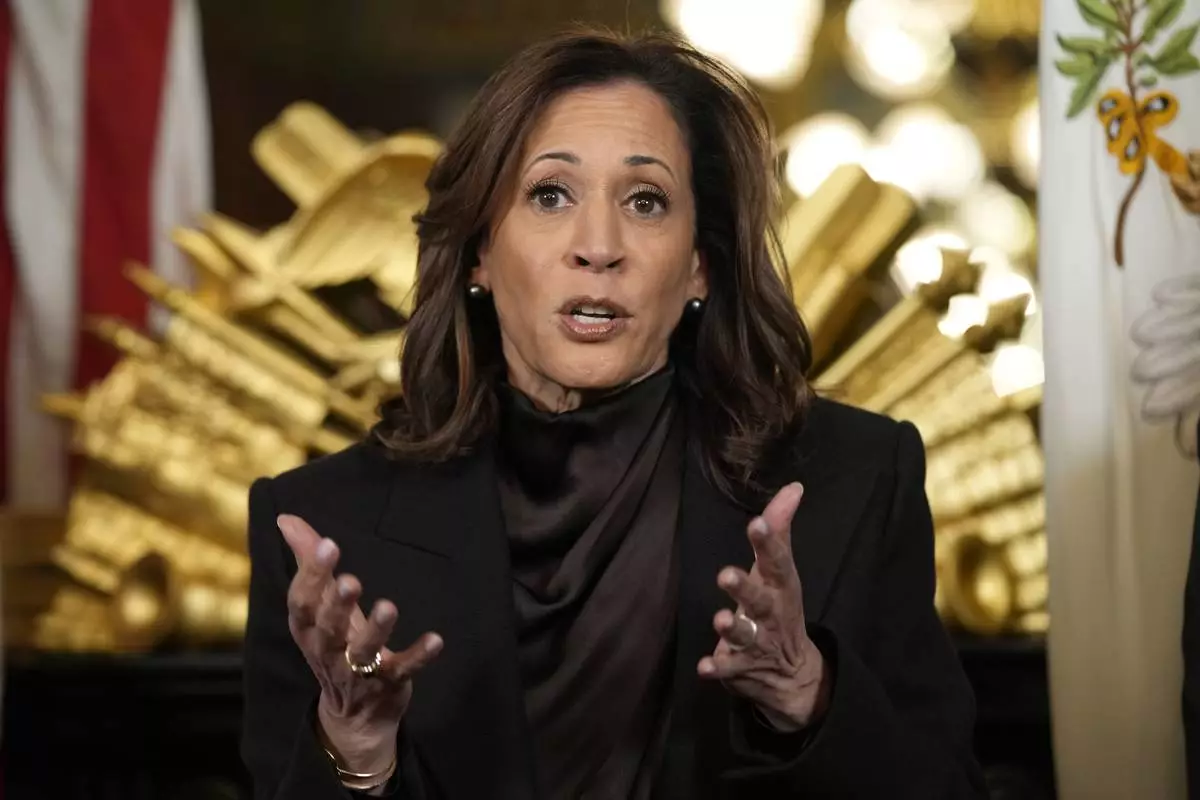
FILE - Vice President Kamala Harris speaks before signing the desk drawer in her ceremonial office, a long-standing tradition for Vice Presidents, in the Eisenhower Executive Office Building on the White House complex in Washington, Jan. 16, 2025. (AP Photo/Susan Walsh, File)



